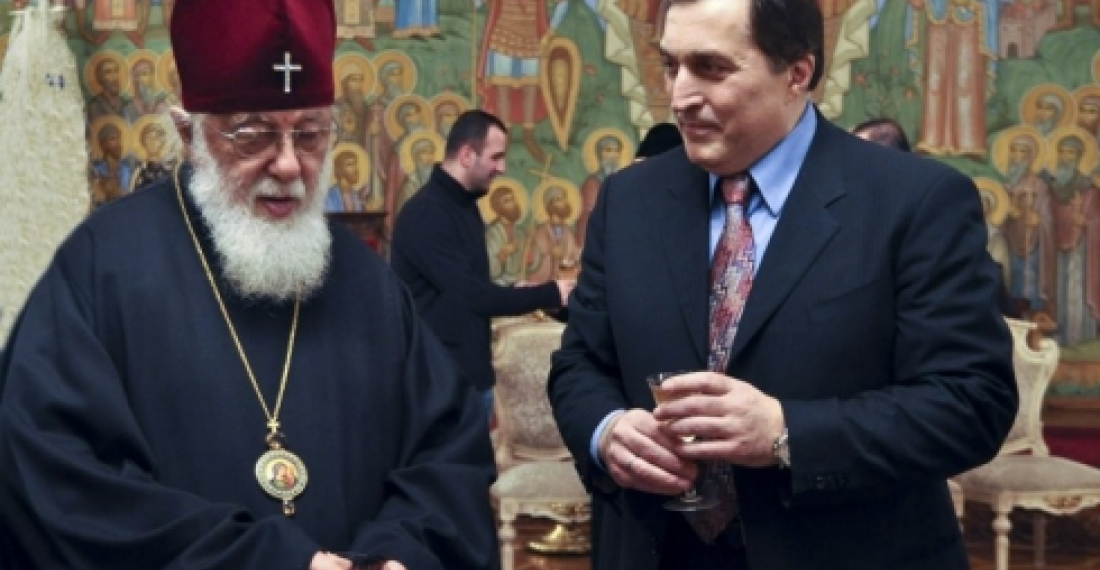Paata Burchuladze, a famous opera singer, philanthropist and public figure, announced the creation of a new political party on Thursday, which will take part in October's legislative elections.
The formation of "the State for the People" should not come as a surprise, because at the end of last year Burchuladze, 61, founded the Georgian Development Foundation, viewed as many as a stepping stone into politics. Has been travelling around the country since then. At the launch of the new party, Paata Burchuladze outlined his new party's position.
“The task is the following: we should change politics itself and we will have a chance to change the country… There is no place for either ignorant or dishonest people in the politics, they may still remain in the politics, but let’s try to make them minority,” he said, adding that Georgia should become “a member of the European family.”
He also made criticised the current government of Georgia, saying the country should not have an "informal ruler" who governs according to personal tastes, in an apparent reference to Bidzina Ivanishvili. Burchuladze also said those who want a return to the Georgia of the past should leave politics.
Georgian Prime Minister Giorgi Kvirikashvili said the high level of competition only benefits electoral process, while expressing confidence that his political force will do well in the forthcoming elections.
In a recent opinion poll conducted by IRI (International Republican Institute), Paata Burchuladze has been named the most favoured politician, supported by the majority - 75% - of respondents.
“The country is in such a state now, which forced me to quit my career and my sweet life in order to lead the political party,” said Burchuladze, whose operatic career spanned more than 35 years. Paata Burchuldze maintains good relations with the Catholicos-Patriarch of All Georgia Ilia II.
Source: commonspace.eu with agencies
Photo: Paata Burchuladze and Catholicos-Patriarch of All Georgia Ilia II.






